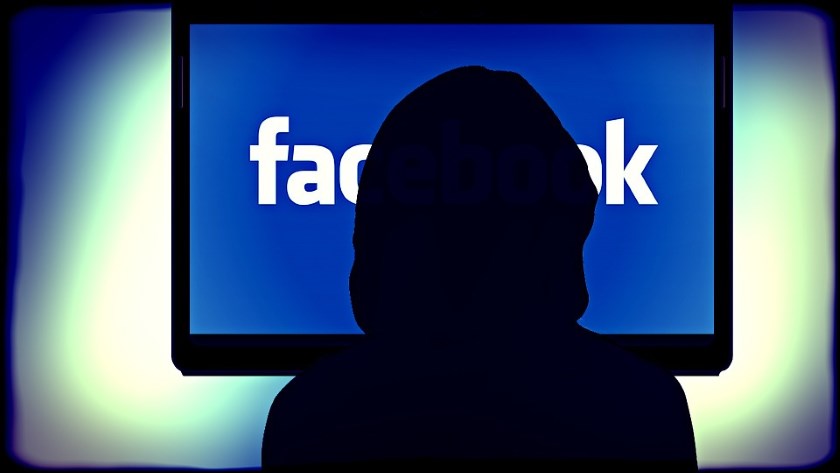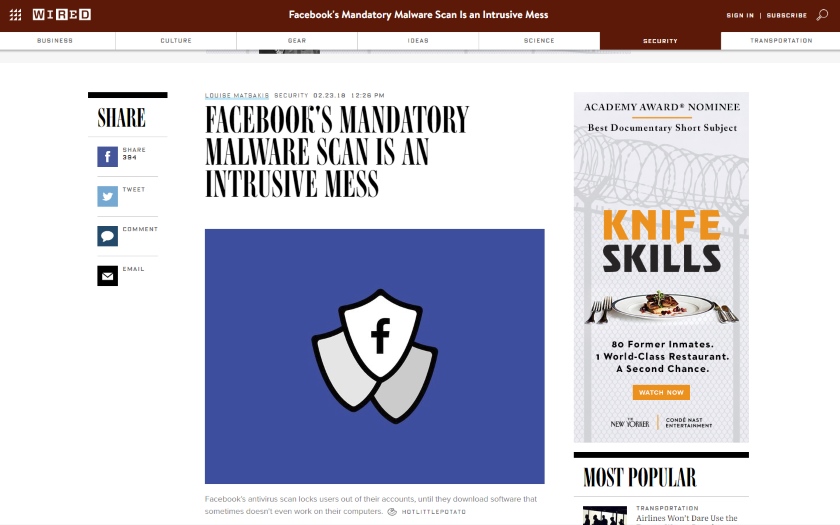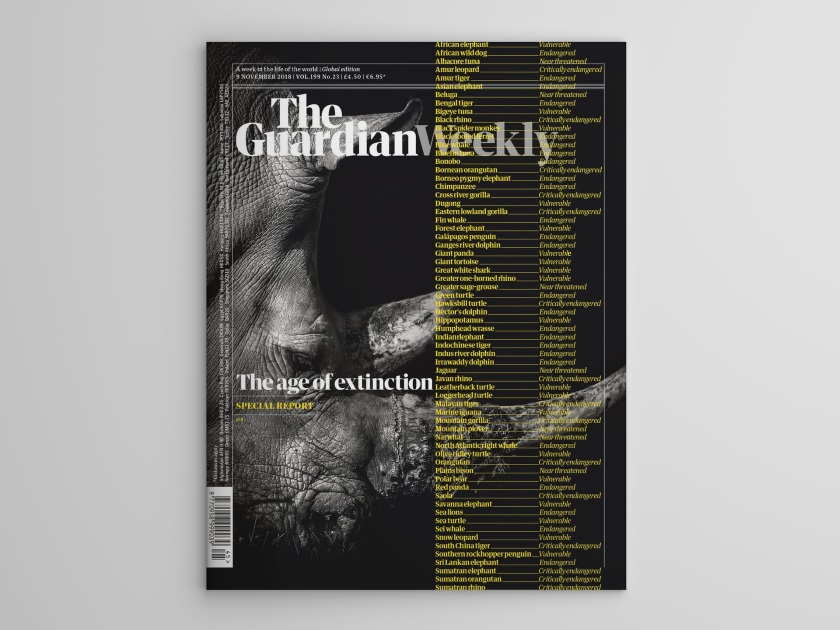
Since Louise Matsakis’s story on Facebook’s malware scanner came out in Wired, the number of hits to my pieces about my experience has dwindled.
This can mean one of two things: (a) Wired’s getting the hits, which I don’t mind, considering they are the only tech media who had the cojones to talk about it; (b) Facebook, after being busted by the mainstream media, has stopped falsely accusing its users of having malware on their systems.
Certainly on Twitter, although Twitter has broken its search function recently, far fewer Tweets with Facebook malware appear in a search.
Of the two, (b) is more likely, because in previous circumstances, Facebook has only backed down after being embarrassed by the media, or after they receive a threat that could land them in an embarrassing situation.
That includes the times it kicked off drag queens and kings, only to have them fight back with the media’s help; or leave porn and kiddie porn up, till they’re threatened with reports to the authorities.
Otherwise, they ignore you—as they have done with users who have complained about the malware scanner for four years.
It’s not unlike Google, who only stopped hacking Iphones in 2012 after The Wall Street Journal busted them for doing so, or only changed their cookie policies to be in line with their own claims after I busted them in 2011 to the Network Advertising Initiative for lying.
These firms do have too much power because the law means nothing to them, but embarrassment in the court of public opinion does.
After Louise’s article came out, Bloomberg did a story on it, as did one independent media outlet.
So while a very small part of me isn’t thrilled that my hits on this blog have dropped, I’m actually far more pleased to know far fewer people are being lied to by Facebook about having malware on their systems. I’m also happy that tens of thousands, maybe even millions, aren’t wasting their time downloading and running a fake scanner which sends their private data to Facebook.
It’s also interesting how quickly Facebook switched off their fake-warning system, within days of Louise’s article.
It wasn’t as quick as Google switching off their Iphone privacy circumventing after the WSJ (same day) but the speed at which Facebook ceased telling people they have malware does suggest that those warnings were, as I said all along, fake. Louise asked the right questions and none of Facebook’s answers made sense.
Facebook has plenty more misdeeds, and, in time, I am sure the tech media will get to them.
It may find that despite its wealth, on a lot of things it actually needs to play by the very rules it claims to follow. And that means no more forced downloads of software that sends your private data to them.






5 thoughts on “Has Facebook stopped forcing its “malware scanner” on to users after being busted by Wired?”